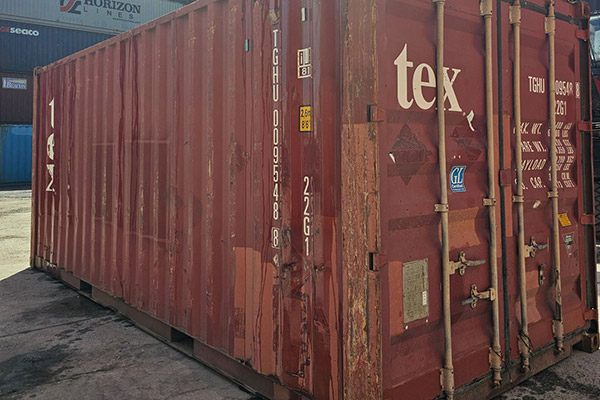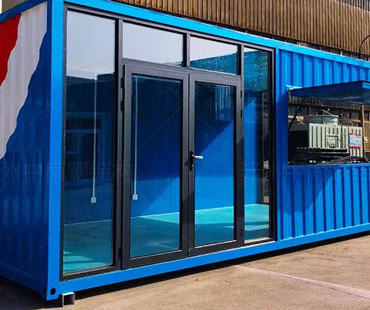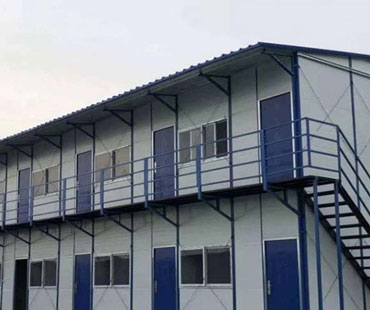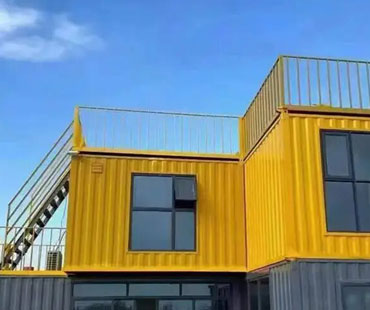In the globalized economy, food safety has become a paramount concern. With the increasing demand for fresh produce and perishable goods, the need for efficient and reliable cold chain logistics has never been greater. Containers equipped for cold chain logistics present a transformative solution, ensuring that food maintains its quality and safety from farm to table.
Cold chain logistics refers to the temperature-controlled supply chain that aims to preserve the quality and safety of perishable products during storage and transportation. This involves a series of processes, including refrigeration, temperature monitoring, and proper handling procedures, to maintain the required temperature throughout the entire supply chain. For products like fruits, vegetables, dairy, and meat, even minor deviations in temperature can lead to spoilage, foodborne illnesses, and significant financial losses.
Containers have revolutionized the transportation of goods, and their application in cold chain logistics is no exception. Refrigerated containers, often referred to as reefer containers, are specially designed to maintain low temperatures, providing an ideal environment for sensitive products.
1.Temperature Control: Reefer containers are equipped with advanced refrigeration units that can maintain specific temperature ranges. This is crucial for products such as pharmaceuticals and seafood, which require strict temperature controls to ensure safety and efficacy.
2.Versatility: These containers can be transported via ships, trucks, and trains, enabling seamless integration into various transportation modes. This flexibility is essential for global trade, allowing perishable goods to be shipped over long distances while maintaining their quality.
3.Real-Time Monitoring: Modern reefer containers are equipped with IoT devices that allow for real-time temperature monitoring and data logging. This technology enables logistics managers to track temperature conditions throughout the journey, ensuring immediate action can be taken if deviations occur.
4.Sustainability: With growing concerns about environmental sustainability, many modern refrigerated containers are designed to be energy-efficient, utilizing eco-friendly refrigerants and insulation materials. This not only reduces the carbon footprint of food transportation but also aligns with global efforts toward sustainable logistics practices.

The implementation of cold chain logistics using containers directly impacts food safety in several ways:
1.Minimizing Spoilage: By maintaining appropriate temperatures throughout the supply chain, cold chainlogistics significantly reduces spoilage and waste. Fresh produce, for instance, can lose its quality rapidly if not stored and transported under optimal conditions. By using refrigerated containers, businesses can ensure that fruits and vegetables reach consumers in their best condition, thereby minimizing losses and maximizing consumer satisfaction.
2.Preventing Foodborne Illness: Many foodborne pathogens thrive in warmer temperatures. Maintaining the cold chain helps inhibit the growth of bacteria such as Salmonella and E. coli, which can lead to serious health issues. By ensuring that food products remain at safe temperatures throughout transport, cold chain logistics in containers plays a critical role in safeguarding public health.
3.Traceability and Compliance: Advanced tracking technologies integrated into refrigerated containers allow for the documentation of temperature data and handling procedures. This traceability is vital for compliance with food safety regulations and standards set by health authorities. In the event of a food safety issue, having a complete record of the conditions under which food was transported can help identify the source of contamination and facilitate swift action.
4.Adaptability to Market Demands: The global food market is constantly evolving, with consumer preferences shifting towards fresh and organic products. Cold chain logistics in containers allows supplier flexibility to meet these demands by enabling the transport of a wider variety of perishable goods over long distances while maintaining their quality. This adaptability helps suppliers reach new markets and expand their customer base.
Numerous companies have successfully harnessed the power of cold chain logistics in containers to enhance food safety and quality. For instance:
-Maersk: One of the world's leading shipping companies, Maersk has invested significantly in refrigerated containers equipped with advanced technology to monitor temperature and humidity levels. Their commitment to cold chain logistics has allowed them to serve the perishable goods market effectively, ensuring that products such as fish and fruits are delivered fresh to global markets.
-Cargill: As a major player in the agribusiness sector, Cargill has implemented robust cold chain logistics strategies, using refrigerated containers to transport meat and poultry products. Their focus on maintaining strict temperature controls throughout the supply chain has helped them achieve high standards of food safety and quality.
While cold chain logistics in containers offers numerous benefits, challenges remain. The high costs associated with refrigerated transport and the need for skilled personnel to manage these systems can be barriers for some businesses, especially in developing regions. Additionally, there is a continuous need for technological advancements to enhance efficiency and reduce energy consumption.


